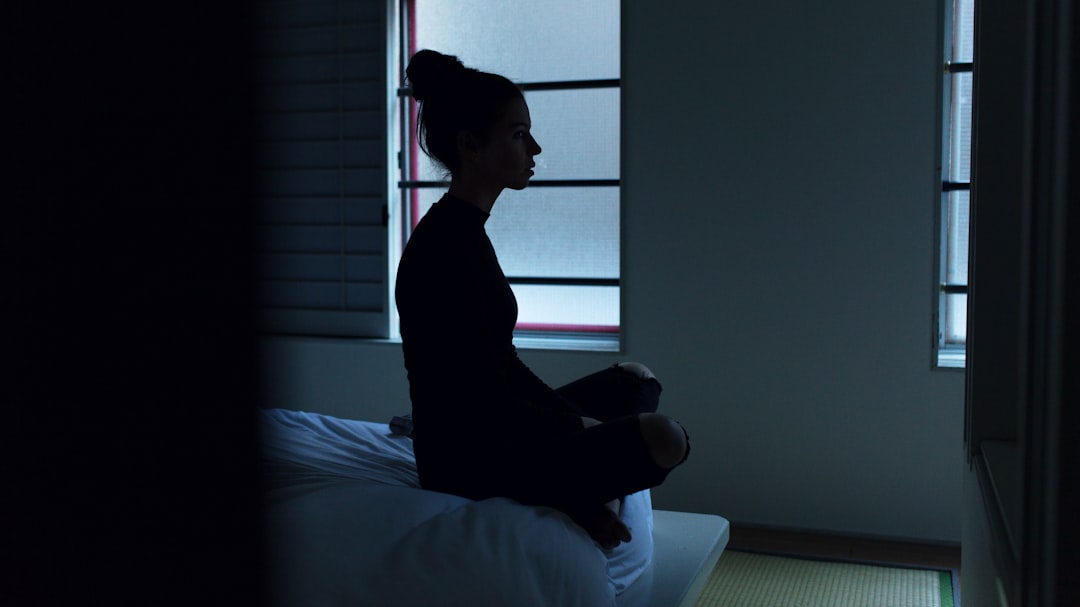What is it about?
The Virtual Baby project was evaluated for its effectiveness in educating years 11-12 at a UK Academy about practical parenting as a teenager, sexual health and contraception. Pupils were invited to parent an interactive newborn baby manikin over a weekend, keep a diary of their experience and complete post study questionnaire. Students saw the virtual baby project as beneficial and important in schools and perceived an improvement in their understanding of practical parenting skills, sexual health and contraception. Findings revealed that 79% of students did not want a baby while in their teens, 57% understood the importance of contraception and 89% said they would need to be in a stable relationship to look after a baby. Overall, 72% students said they had gained an improved understanding of practical parenting and were pleased they had the opportunity to experience the VB. The findings revealed that students learned from the experience and it was a deterrent to teenage and unplanned pregnancy. This study also showed gender differences with regards to the effect of the experience and perceptions toward pregnancy, with females more likely to answer that it was a deterrent compared to males. The research revealed that interventions that aim to deter early pregnancy should equally involve and influence boys as they do girls as there is strong support for the involvement of boys in health education and interventions as men play an equal role in parenting (Lachance et al, 2012). Furthermore, the research revealed that most pupils felt the use of a health professional like a school nurse to deliver sexual health education in PSHCE lessons was more beneficial for school aged pupils than teachers alone.
Featured Image

Photo by Alex Pasarelu on Unsplash
Why is it important?
This research revealed that school teachers and nurses can enhance the learning of the importance of values of family life, marriage, and stable and loving relationships for the nurture of children and developing critical thinking as part of decision-making. As Kirby (2001: 4) put it ‘It is important to remember that each year a new set of teens arrives on the scene, meaning that efforts to prevent teen pregnancy must be constantly renewed’. This research has strong implications for the continued use of the VB programme to educate teenagers about the difficulties and challenges parenting a baby while still at school and advocates for the role of the school nurse in sexual health education and in reducing teenage pregnancy.
Perspectives
The researchers strongly advocate for the use of health professionals such as School Nurses in sexual health education in schools. We argue for a better evidence based approach to PSHCE curricula around sexual health education with teenagers. We strongly advocate the use of virtual baby dolls as a creative pedagogy in teaching adolescents about sexual health, contraception and the realities of parenting while a teen, at school, with unplanned pregnancies as a consequence of poor education on the need and use of contraception. We also believe that there is a much stronger need for follow on research using male school aged pupils to improve understanding of sexual health, initiating sexual relations, consequences of lack of contraception and the realities of giving up teenage lives to become a young adolescent parent. We make the case for an update to the Sexual Health Education Agenda within the National PSHCE Curriculum.
Dr Humaira Hussain
Bournemouth University
Read the Original
This page is a summary of: Implications for school nurses using simulator dolls to manage unplanned teen pregnancy, British Journal of School Nursing, May 2019, Mark Allen Group,
DOI: 10.12968/bjsn.2019.14.4.177.
You can read the full text:
Contributors
The following have contributed to this page










